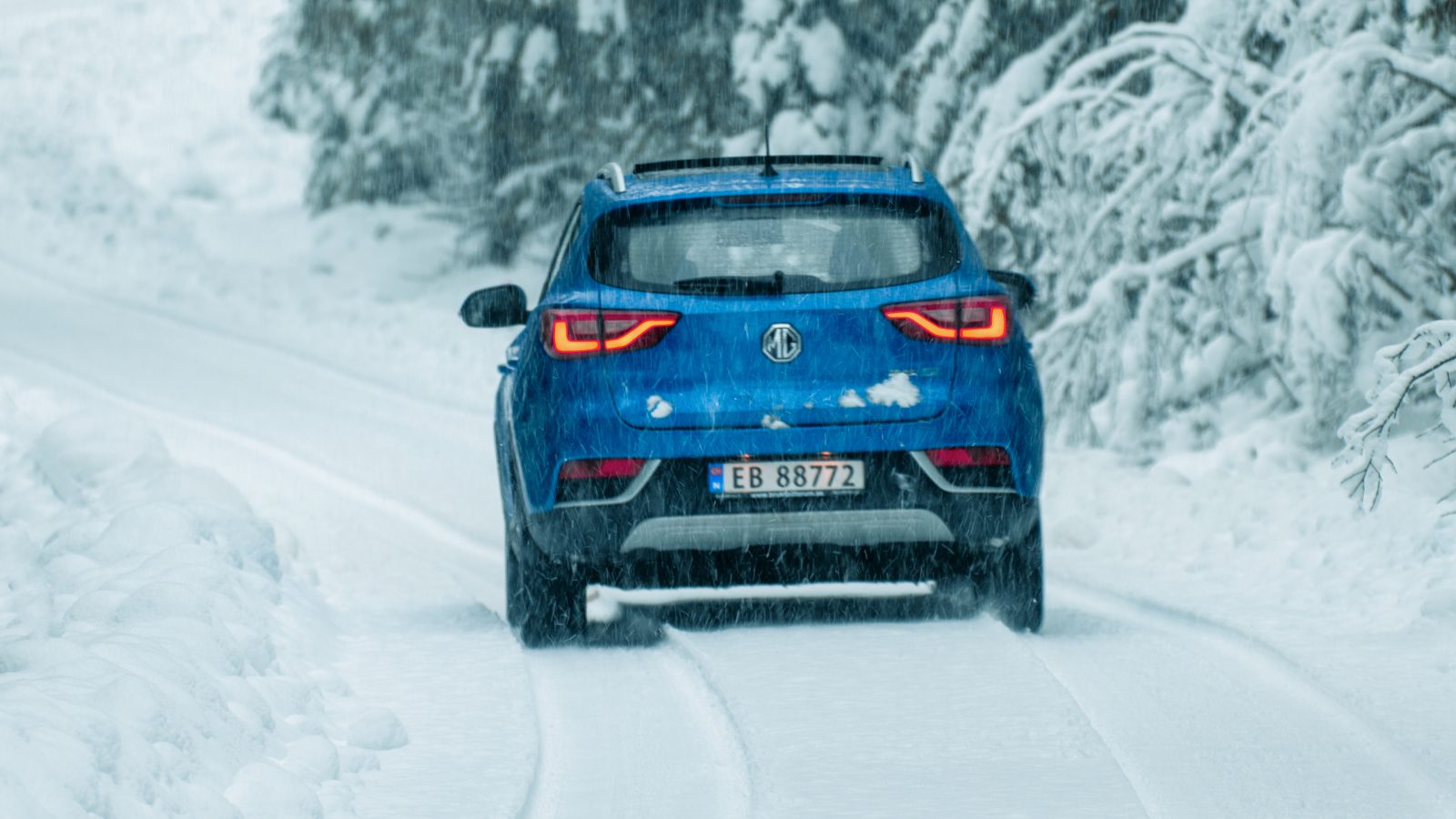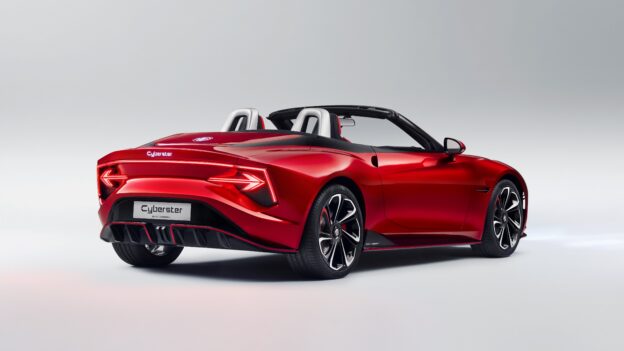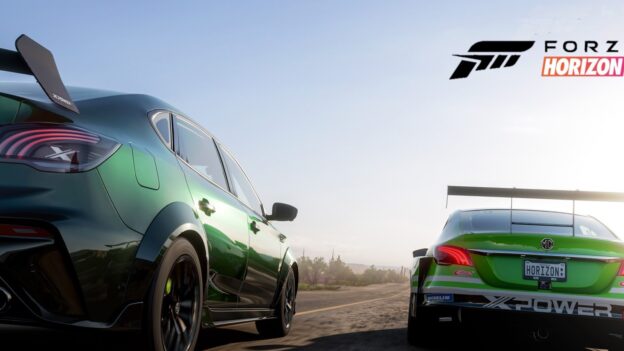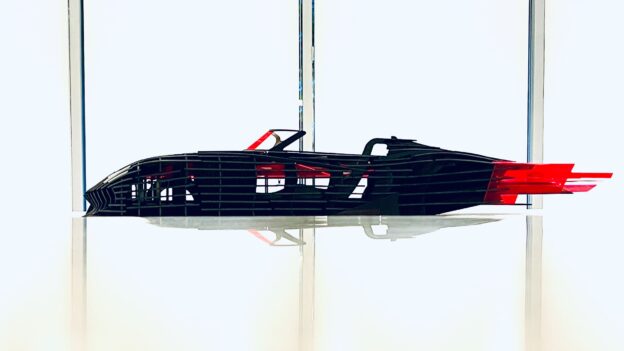How to optimize your EV range in winter conditions?
The actual range of an electric car depends on many factors. Such as the driving style of the driver, the driving speed, the load on the car, the weather conditions, the traffic situation, the tyre pressure and the use of power consumers in the car, such as the air conditioning. Furthermore, the range is also determined by the amount of energy that is recovered while driving. The following actions helps to reduce energy consumption while driving and thus optimize the range. These tips are especially helpful in winter conditions when the battery can provide less energy than normal.
Limit the use of power consumers
Use the air conditioning only when you need to. When used constantly, this heavy power consumer can reduce the range by 5 to 10%. And aren’t there any passengers in the rear seats? Then only use the seat heating instead of the heater to warm up the entire cabin. Furthermore, don’t forget to use the rear window defogger only when you need to. And don’t forget to turn it off again.
Leave unnecessary luggage at home
The heavier the car, the harder the engine has to work and the more energy it consumes. Therefore, take as little luggage as possible with you to limit the weight of the car as much as possible.

Make sure the tyre pressure is correct
Check the tyre pressure regularly and always adjust it to the prescribed pressure. The rolling resistance of the tyres has a major influence on the energy consumption. The lower the tyre pressure, the higher the rolling resistance and the harder the engine has to work. With the correct pressure, you prevent unnecessarily energy consumption. In addition, it ensures better driveability and safety on the road, less tyre wear and less noise.
Don’t forget to reset the Tyre Pressure Monitoring System when you change tyres with a different prescribed pressure. When mounting winter tyres for example.
Use the regenerative braking system
Use the regenerative braking system as much as possible in city traffic. With this, the energy released during deceleration is captured and stored in the battery. The electric motor acts as a generator immediately when the pedal is released. This causes the car to slow down more strongly than usual, depending on the selected mode.
With a number of regeneration modes, you decide whether the car continues to roll as freely as possible, for example on the motorway, or whether the car slows down faster to recover more energy. In the “most powerful” regeneration mode, the braking effect is even such, that you hardly need a brake pedal anymore. Especially in heavy traffic during rush hour of in town with many traffic lights, you can recover a lot of extra energy and thus optimize the range.

Anticipate the traffic situation
Try to anticipate the traffic situation as best you can. By accelerating too hard and braking often (because you go too fast), a lot of energy is lost. If you’re not using the deceleration effect of the regenerative braking system, release the pedal early and let the car roll out as much as possible. For example when you approach a red traffic light or a roundabout.
Drive at a moderate speed
Unlike a car with a combustion engine, in which you shift to a higher gear to reduce the engine speed and fuel consumption, an electric car has no gears. The faster you drive, the harder the electric motor has to work.
At higher speeds on the motorway, an electric motor therefore consumes more energy than at lower speeds. A lot of energy can be saved by driving at a moderate speed on the motorway. As an example: the difference in energy consumption between 120 km/h or 130 km/h can easily increase to 20%.
Also use the cruise control as much as possible. A engine uses the least energy if the car it is driven at a constant speed. The cruise control is the perfect tool for this.

Use the ECO mode
An electric car has many smart features to optimize the driving range. Such as the regenerative braking system, but also the ECO mode. It’s therefore wise to get to know your car, knowing how to apply the available technologies when they are most convenient. After all, the range you get from a single battery charge partly depends on your input.




